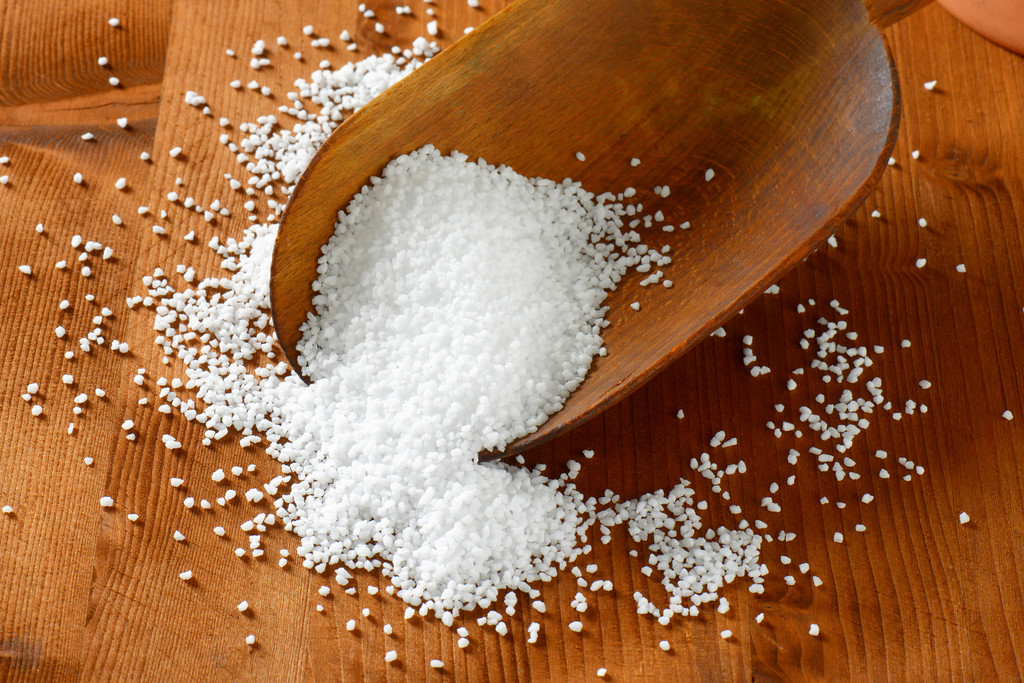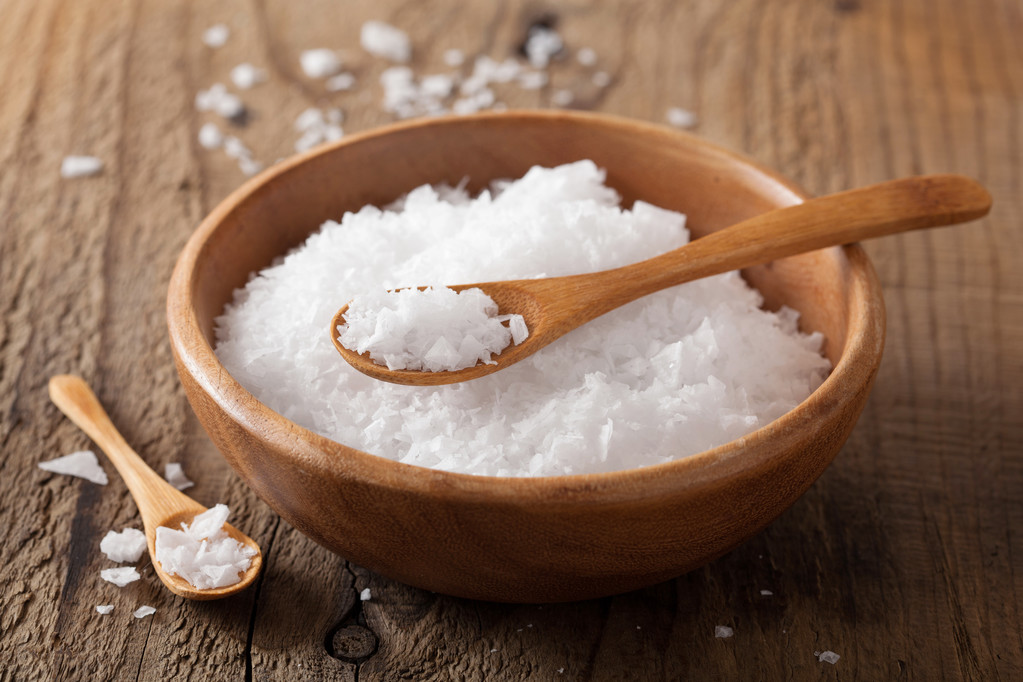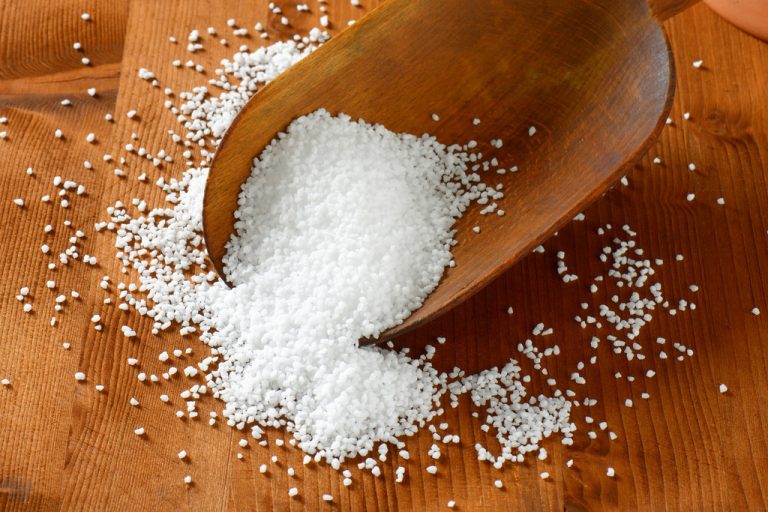Salt is a natural flavor enhancer and therefore indispensable in the kitchen. Unfortunately, most people eat too much of it. Too much salt can cause unpleasant symptoms that can lead to illness.

These symptoms appear when you eat too much or too little salt
Salt pulls water out of the cells to compensate for the increased salt concentration in the body, which manifests itself as thirst. The excess salt is excreted through the kidneys. In the long run, too much salt consumption can damage the kidneys. If you also drink too little, it can lead to vasoconstriction, which leads to high blood pressure. Vomiting and diarrhea are also typical symptoms, and in severe cases, the lack of water can even lead to cardiac and respiratory disorders. Physical signs of excessive salt consumption include:
Constant thirst (balance the water-salt balance by drinking)
Puffy face (salt binds water in the body, which accumulates in the cells)
weight gain (water retention)
Food tastes bland (taste buds become deadened, reduce salt intake to rejuvenate taste buds on the tongue)
Constant headaches (salt causes vasodilatation in the brain)
Kidney stones (increased salt concentration in the urine, crystals form)
High blood pressure (vasoconstriction makes the heart pump faster)
Weak immune system (low-salt diet boosts immune cells)
sleep disturbances (rise in blood pressure due to high sodium content)
Bloating (excess salt upsets fluid balance)
Too little salt in the body is of course just as unhealthy as too much salt. You can recognize sodium deficiency from symptoms that are very similar to those of excess salt: feeling unwell, headaches and muscle pain, vomiting, drowsiness, dizziness, cramps, loss of consciousness or intracranial pressure indicate a physical salt deficiency. This can be caused by frequent heavy sweating through sport or a visit to the sauna.
There is too much salt in these foods
Over 80 percent of daily salt consumption is in hidden form. Typical salt traps are ready meals such as fast food or pizza, which are not only unhealthy but also addictive. If we salt ourselves, we have a better overview of the quantity. But there are also unusual salt bombs in the daily diet. A lot of salt is hidden in these foods:
Finished products: pizza, canned meals, frozen meals, packet sauces
Sausage and meat: salami, cooked ham, meat sausage, beer ham, salmon ham
Packaged rolls and bread
Cheese: Gorgonzole, Feta, Gouda
Snacks: crackers, pretzel sticks, chips
So if you like to eat ready meals or hidden salt bombs frequently, you should take a look at the sodium content (salt content) the next time you go shopping and, for the sake of your health, opt for a lower-salt alternative.

Reduce salt consumption: low-salt alternatives
Of course, the optimal solution would be to cook for yourself several times a week in order to keep track of salt consumption. However, since many people do not want to do without certain finished products due to lack of time or lack of motivation, some lower-salt alternatives are very helpful in order not to exceed the daily dose of salt of around one teaspoon. There are these full-fledged alternatives to salt:
Finished products: Tarte flambée, tortellini, spaghetti with tomato sauce
Sausage and meat: cooked ham, turkey salami, mortadella, liver sausage or turkey breast
Cheese: cream cheese, Emmental, Camembert, mozzarella
Snacks: cheese pastries, puff pastry
Garlic has an antibacterial effect and strengthens blood circulation and the heart
Algae are the perfect source of iodine and taste salty
Celery naturally tastes salty
Soy sauce as a condiment
Yeast flakes have a cheesy note
Herbs or spice mixtures for a wide variety of dishes, completely without salt
A salt-free diet not only helps to prevent water retention in the body and thus relieves the heart, but also protects the taste buds. As a result, even a little seasoned food tastes delicious again. High blood pressure can also be reduced, and the risk of suffering a heart attack is also reduced by eating a low-salt diet.




